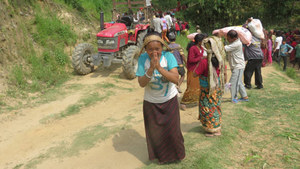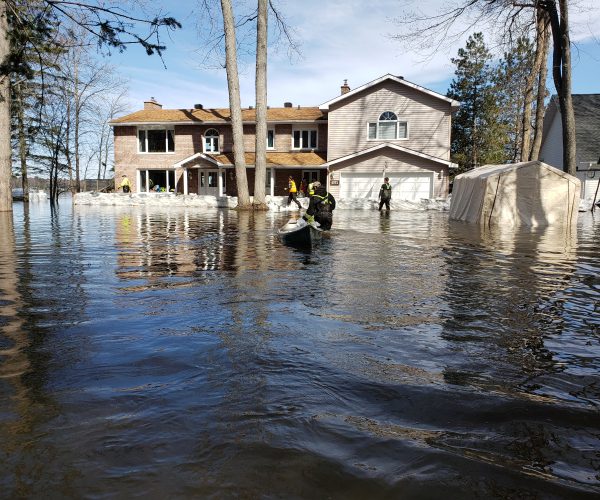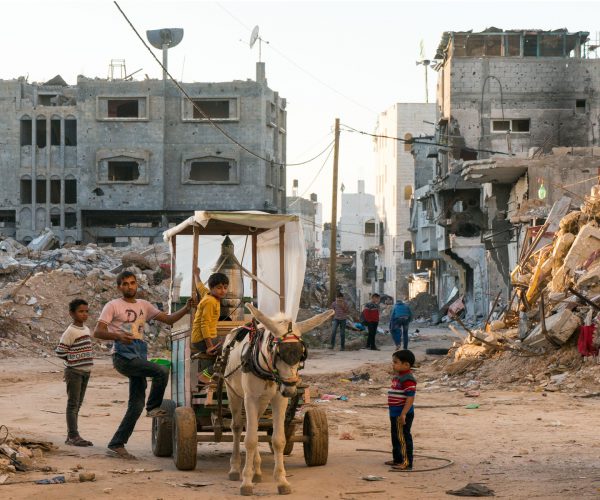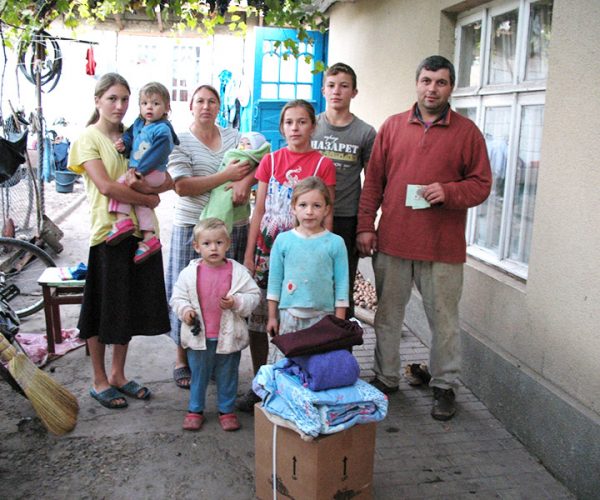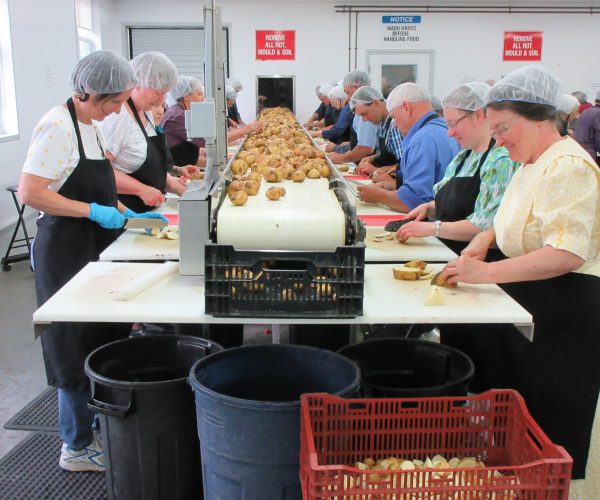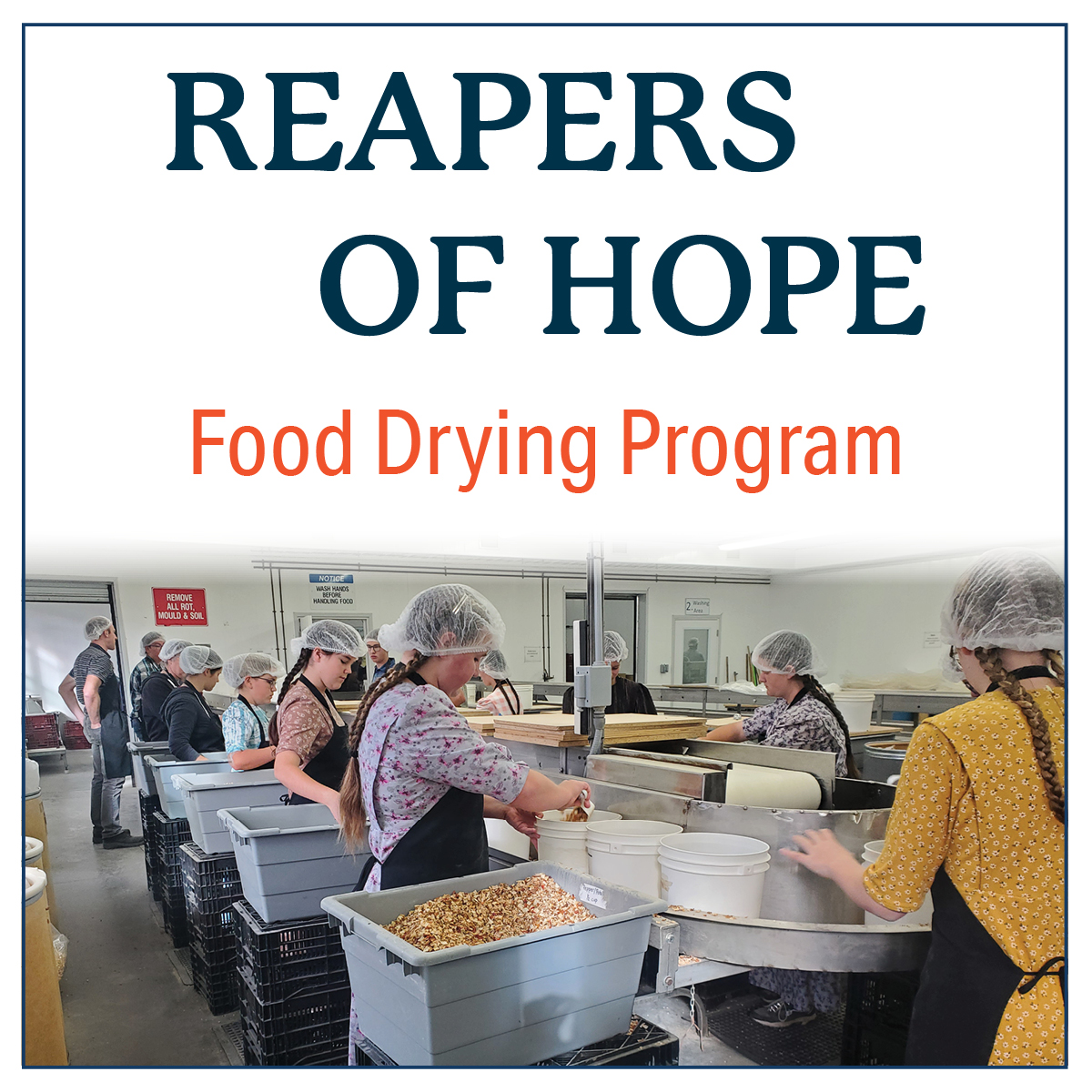CAM staff in Nepal continue to distribute tarps, blankets, rice, and dal (lentils) to earthquake survivors.
Because whole communities of hundreds or more are in need, knowing how to respond to all the needs can be difficult. In addition, ongoing landslides make travelling to remote villages frustrating and sometimes dangerous.
“We were on the way to give food to a village of 900 families when we suddenly saw dust ahead,” said a CAM staff member. “All the traffic came to a screeching halt. A fresh landslide had come down, leaving a pile across the road about a foot deep.”
The aid workers travel by motorbikes, which offer greater mobility but little protection from falling rocks.
The truck containing the rice they wanted to distribute had already gone ahead and was on the other side of the landslide. Though they were forced to take a long route and circle the landslide to reach the village, the group on motorbikes thanked God they hadn’t been one minute further down the road.
CAM staff is working with several Nepali pastors to research and meet needs. These personal connections ensure that donors’ support is used to fill legitimate needs of Nepali people. The pastors and their contacts work tirelessly with our staff to distribute aid as efficiently as possible.
Large distributions, such as one to 1,200 people in Ratmat, can cause confusion among local authorities. Some of the people in Ratmat had gathered from villages over five miles away because trucks could not get to their village. Organizing a distribution to such a wide variety of people in one place was a challenge, in part because local authorities questioned the aid workers’ motives and tried to control the situation.
“The main problem was that this was the first distribution of any size done in this area,” said a CAM staff member.
Our goal remains to help as many people as possible.
If you with to contribute to other Crisis Projects please click here.

